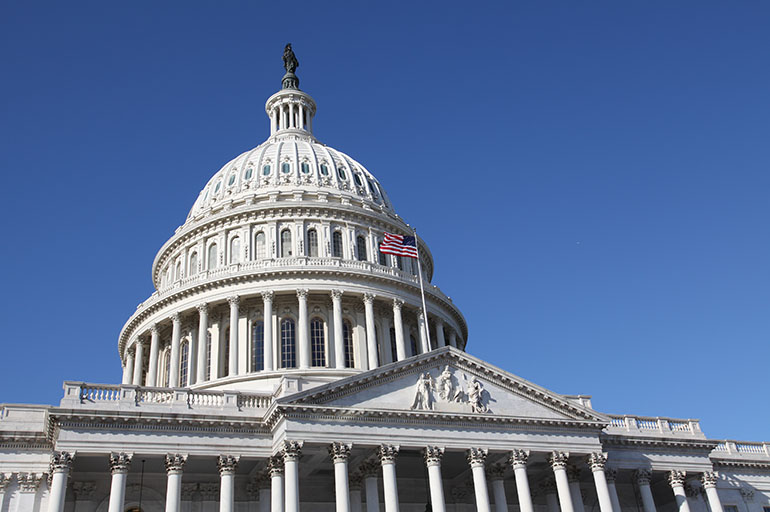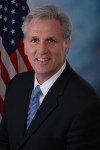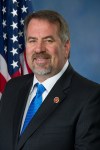With the House expected to vote Thursday on the American Health Care Act, the GOP leadership’s first swipe at repealing the nation’s landmark health care law, California’s 14 congressional Republicans find themselves in a delicate position. Seven of them represent districts that voted for Hillary Clinton, and many of their constituents could lose coverage under the GOP health plan.
Since the Republican bill was introduced earlier this month, California Republicans have been largely silent or noncommital about it, especially in the face of strong opposition from some constituents.
In the meantime, a Congressional Budget Office report suggested that that up to 24 million Americans could lose their insurance coverage under the bill by 2026. A recent analysis by Covered California, the state’s insurance exchange, found that many Californians could be priced out of exchange coverage because of an average 40 percent drop in subsidies by 2020, as reported by the CBO.
And the state released an analysis of the bill Wednesday estimating that California would lose more than $24 billion annually in federal funding for Medicaid by 2027. More than 13 million low-income Californians depend on Medicaid (called Medi-Cal in California).
The Trump Administration and House leaders, who see the Medicaid program as a far-too-costly entitlement program, have been pressing fellow Republicans to support the legislation. Its prospects were still uncertain late Wednesday.
In recent days, California Healthline contacted all 14 Republican House members in California. Five responded, all through staffers, with a written statement. Others who did not respond had expressed their views though earlier statements or other news outlets.
For example, Rep. Tom McClintock, R-Elk Grove, said on the House floor Tuesday that he would support the bill after certain changes, the Los Angeles Times reported He had previously sent mixed signals on his position after facing anti-repeal protesters at a raucous town hall earlier this year.
Rep. Darrell Issa, R-Vista, who narrowly won re-election in November, said last week that he “is not prepared” to vote for the AHCA as it stands. “I think we can do better,” he said on Fox News, citing affordability concerns. Issa’s press office did not respond to several attempts by California Healthline to get an updated statement from the Southern California congressman, who is believed to be a top Democratic target in 2018.
Contacted by California Healthline this month in regards to a story about Medi-Cal, Rep Devin Nunes, R-Tulare, described the program as “a broken healthcare system that’s been completely mismanaged by the state of California.”
“The problems have particularly affected residents of the Central Valley, where specialized doctors are so scarce that vast numbers of Valley residents have to go to Los Angeles or the Bay Area for specialized treatment,” his statement read. “Under the American Health Care Act, all citizens will have the ability to get coverage if they want it. My expectation is that healthcare for Valley residents will dramatically improve.”
Nunes’ staff did not respond to further inquiries.
Below are statements from the five House Republicans who responded to inquiries from California Healthline:







